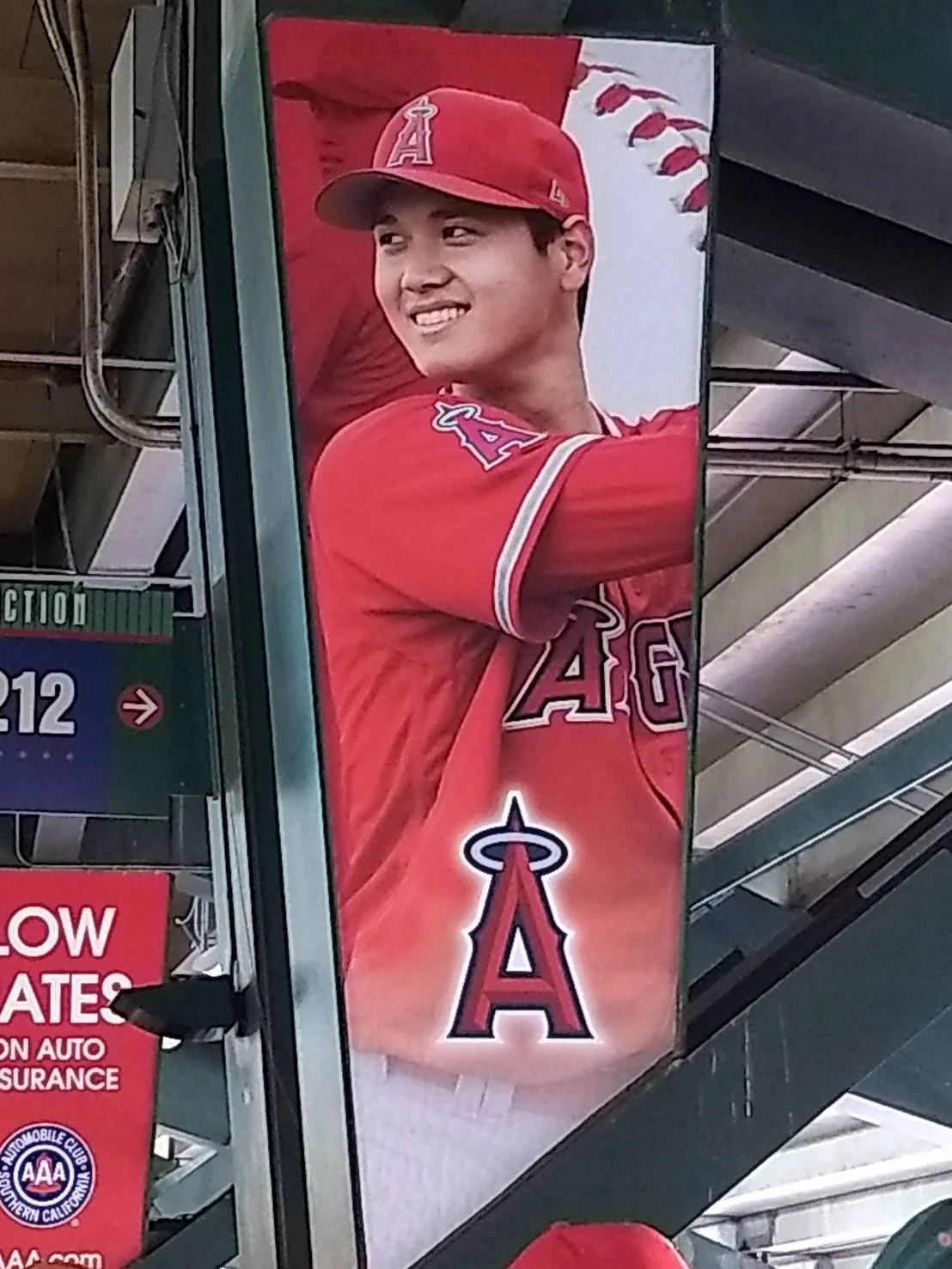For a few days in June, for all the wrong reasons, American football was big news in Japan. Bigger than sumo. Bigger than 2020 Olympic prelude puff stories. Bigger than MLB slugger-pitcher Shohei “Shotime” Ohtani. The reason? You might call it "the hit heard round the world."
That hit was delivered late by Nihon University linebacker Taisuke Miyagawa on Kosei Okuno, a quarterback from Kwansei Gakuin University. Footage of the blow was soon blasting across all of Japan’s major networks, the lead story on every newscast. Eventually, it was picked up by the BBC and other international news bureaus.
Why is that impressive? According to Mark Schreiber, writing in the Japan Times, “American football is about as popular [in Japan], as curling is in Jamaica.”
In the same article, Schreiber also noted that depending on the media outlet, Miyagawa’s tackle was depicted by Japanese news reports as ranging from “illegal” to “vicious” to “homicidal.” Homicidal?
When does a tackle become “homicidal”?
In fact, on June 7, the weekly tabloid magazine Shukan Jitsuwa even went as far as to run this headline “Homicidal tackle by Nihon University American football team will have a major impact on the Tokyo Olympics.” Really? That's quite a tackle.
That reminds me of another American football player. Former NFL Oakland Raider, Jack Tatum, who in retirement penned the best-seller “They Call Me Assassin.” Tatum, a.k.a. “The Assassin” is infamous for a devastating hit that left an opposing player paralyzed for life.
American football is violent. Very violent. And very dangerous. That’s part of its appeal. What’s surprising is that Japan’s media has suddenly realized this in 2018 with a moral outrage that seems wildly out of proportion. Especially, considering that Okuno, the QB who received the homicidal blow, was soon back on his feet and playing again.
So please forgive American football fans for feeling bemused by the reports coming from Japan’s media. Perhaps Americans are just used to football violence.
“You try to stay within the rules for the sake of the game, but you can always turn up the intensity,” said Lawrence Taylor, former defensive end for the NY Giants, NFL Hall of Famer and probably one of the most popular Giants of all time. He also said something about knowing he had made a good hit when he “knocked the snot out of a player.”
Apparently, that intensity was turned up to 11 one night on a nationally televised NFL game when he broke Hall of Fame quarterback Joe Theisman’s leg with a legal hit that produced a replay clip featuring a level of graphic violence that would make most fans of "The Walking Dead" cover their eyes. Feel free to Google it.
However, it’s not like Japanese society is averse to violence. You could even make a case that Japanese relish violence. Sumo, Japan’s iconic sport, considered a cultural treasure, is one of the most violent martial arts in the world. Most matches begin with a loud concussion of behemoths, a thrust to the wind pipe or a mighty mitt to the head. Seeing a 150 kg man tossed on his back like a beached whale into the first row of seats is not an unusual way for a match to end.
Japanese anime and manga are soaked in blood and replete with the most vicious and even ghoulish forms of violence. Decapitation. Cannibalism. Rape. Mass murder. It’s all on display in vivid color in heaps of manga, anime series and movies that are aimed at teenagers.
Little violence on the streets, lots in the media
On the other hand, street fights and bar room brawls are quite rare and guns fights are almost nonexistent, thanks to strict gun control and even stricter social controls. Society frowns on confrontations that disturb the peace, which is what makes riding crowded trains and traversing jammed cities bearable and often pleasant in Japan. If on the rare occasion you see someone talking on their cell phone, or even having a loud conversation, on a train or in a restaurant you will surely see most everyone else tut-tutting and tsk-tsking the perpetrator. But rarely will you see someone confront the person. That would create an even bigger disturbance.
Baseball is much less violent, except when bat meets ball or ball meets player. Shohei Ohtani, lovingly given the nickname “Shotime” by the American media, has been throwing and hitting the ball as hard as possible, until a recent injury landed him on the disabled list. He's certainly living up to and exceeding the enormous expectations that preceded his MLB career.
Japanese players who make it big in Major League baseball often do so with larger than life dimensions, with hitman Ichiro, who broke the single season hit record and is a certain first-ballot Hall of Famer and Hideki “Godzilla” Matsui ,who helped both the Tokyo Giants and NY Yankees win championships, having ensured that their legends will live on forever.
Ohtani is the type of story the Japanese media loves. Local boy makes good on the global stage. So, it was surprising to see this minor American football story push Ohtani out of the headlines. Perhaps the media is just as blood thirsty as the rest of Japan, forever voyeurs, yet rarely participants. That's not a bad thing, just sayin'.


